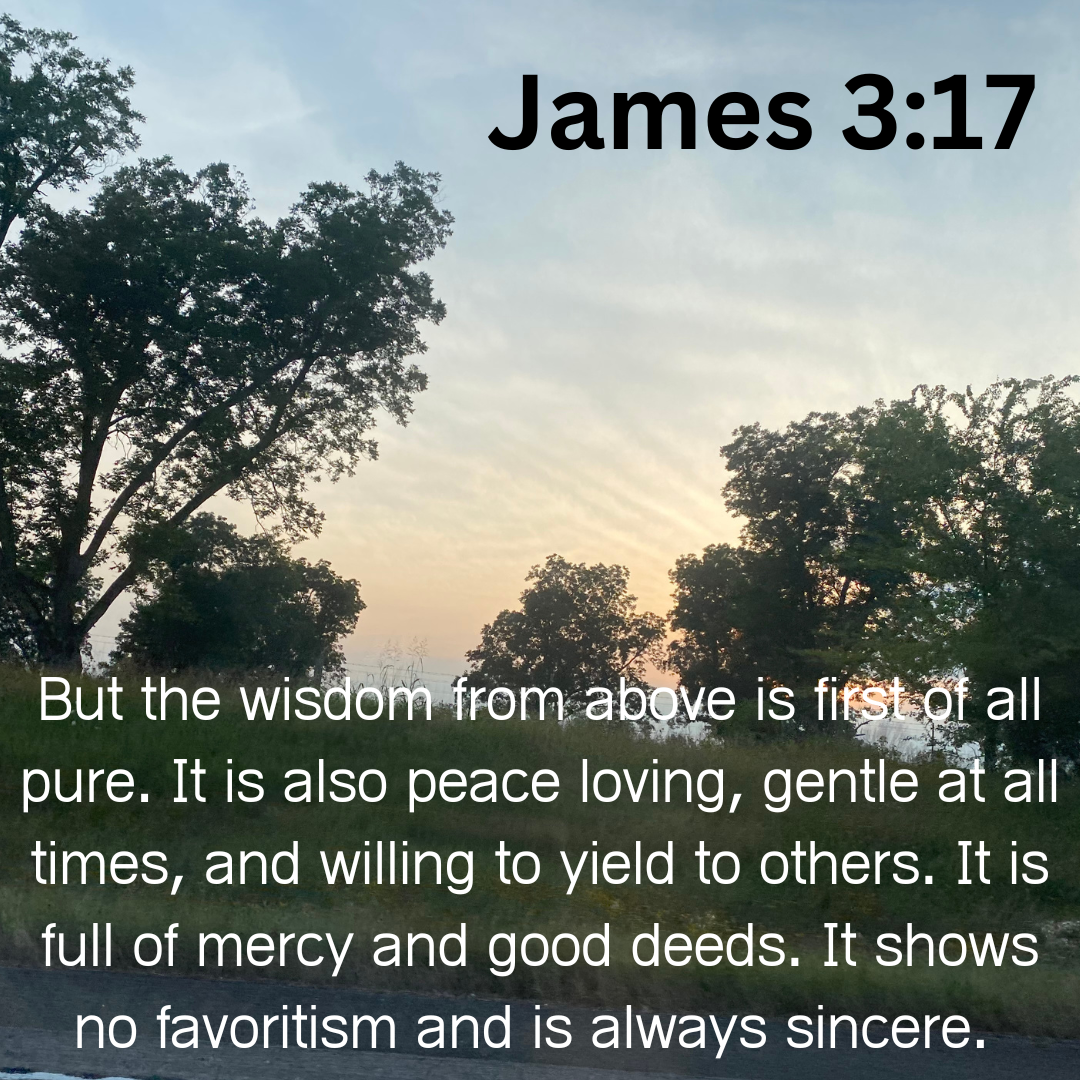Tongues of Fire
I’m taking a break from the book of 1 John this week to write about the day of Pentecost. This is one of the most important dates in the history of Christianity, in fact in the history of the interactions between God and humans.
You see, there was something humanity, even the obedient, had been missing – a piece that kept us from connecting with God in a deep and life-changing way. And that something was the indwelling of the Holy Spirit.
But on the first day of Pentecost after Jesus’ death and resurrection, everything changed.
Acts 2:1-4 [NLT] 1 On the day of Pentecost all the believers were meeting together in one place. 2 Suddenly, there was a sound from heaven like the roaring of a mighty windstorm, and it filled the house where they were sitting. 3 Then, what looked like flames or tongues of fire appeared and settled on each of them. 4 And everyone present was filled with the Holy Spirit and began speaking in other languages, as the Holy Spirit gave them this ability.
There was no mistaking the coming of the Holy Spirit. There was a roaring of wind and the falling of what looked like tongues of fire, and then everyone – EVERYONE – was able to speak in a foreign language. Talk about a “shock and awe” campaign. Does God know how to announce things or what?!
The difference in the believers that day was immediate and dramatic!
I don’t know about you, but on the day I was baptized and then had hands laid on me to receive the Holy Spirit, no such drama ensued. No tongues of fire. No rushing mighty wind. No sudden linguistic ability.
Don’t get me wrong, I believe the Holy Spirit entered me that day and remains in me to this day. But English is still my only language. And, please, if something this dramatic happened to you, drop me a note about it in the comments. It would be an amazing testimony.
No, there was not dramatic evidence of the Holy Spirit that day, but it has made itself known in many ways since then, creating change in who I am, how I talk and my ability to forgive; helping me grow in knowledge of the Bible and in relationship with God and Jesus. The Spirit has helped me weather some rough patches, as we can see that it did with the early New Testament believers.
It helped Stephen deliver a strong sermon and then forgive those who stoned him for it. [Acts 6:55-60] It gave Ananias the courage to speak to and anoint Saul, the killer of Christians. [Acts 9:17] It gave the apostles the courage to go right back to preaching Jesus after being jailed for it and then to go right back out again after they were re-arrested and beaten for it. [Acts 5:17-42]
Acts 2:1-2 [NLT] 1 On the day of Pentecost all the believers were meeting together in one place. 2 Suddenly, there was a sound from heaven like the roaring of a mighty windstorm, and it filled the house where they were sitting.
You see, more important then the fact that tongues of fire fell upon then, is the fact that thereafter their tongues showed that they were on fire for Jesus and the Gospel message. They, thereafter, had tongues of fire themselves!
And that is one of the great works of the indwelling of the Holy Spirit. It may not come to us in a show of power, but it will live in us and give us the ability to live “on fire” for the Word of God and the Kingdom of God. By its indwelling we will have the courage to live in power, to speak in power, to endure in power, to forgive in power and to love in power as on one on fire for the Kingdom can do.
Sweet sisters, the Holy Spirit may enter us silently as a lamb, but it should roar out of us with wind and fire and power! I pray the Holy Spirit will be stirred up to do just that in you this day of Pentecost 2023.
I welcome your comments and questions. You can write me in the comments section or at Nancy@DyanmicChristianMinistries.org



















